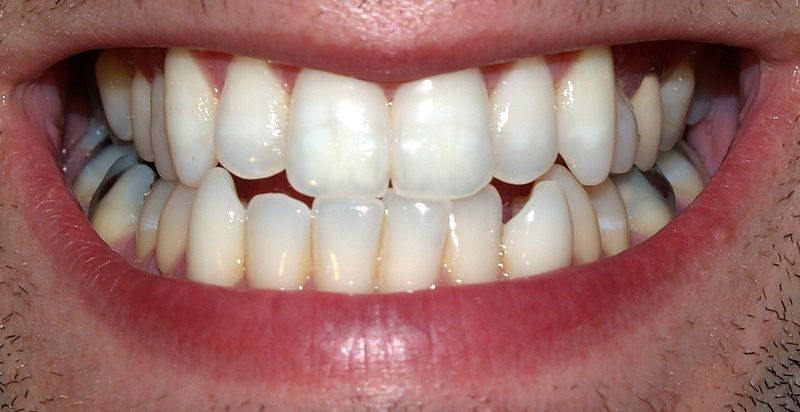A chip in one’s tooth isn’t exactly an uncommon dental condition. As you age, your tooth’s enamel may erode. This enamel is actually one of the toughest protective barriers within the human body and it protects all of the parts of your tooth that are not protected or covered by your gums.
Your enamel isn’t made up of living cells, therefore it can’t regenerate or repair it self once it is cracked, eroded, or otherwise damaged. A chipped tooth can not only be unsightly, but can also leave your tooth’s nerves exposed to the elements – warm and cold foods or air – and cause you a great deal of pain.
Protecting a Broken Tooth
The first thing you need to do is protect the broken tooth so that it doesn’t cause you pain while you are waiting to see your dentist. For pain, you might be able to take some sort of over-the-counter pain reliever. Just make sure you are consulting with your doctor as to what type you should take, depending on your current health and medical needs. If the break causes a sharp edge, you can buy some paraffin wax to cover the rough edge so that you can avoid cutting your tongue or cheek.
Having a Chipped Tooth Repaired
There are several different methods your dentist can use to repair a chipped tooth.
Bonding is often done if you have just a small chip from the surface of your tooth, or from the enamel itself. This technique is often used on front, visible teeth because the bonding resin is tooth-colored and will minimize the visual impact.
Caps and Crowns may be used if you have a large break or if your tooth already had other types of decay. Your dentist will grind away the damaged areas and then cover the tooth with a crown made of porcelain, metal, resin, or a combination of materials.
Dental veneers can be used if you only have a small amount of damage and need a visual, cosmetic fix. Your dentist will grind away more of the tooth’s enamel and will then attach a dental veneer to the front. The veneer will repair the shape of your tooth. Veneers are often used for both cosmetic and medical purposes.
Whatever you do, don’t ignore minor chips or fractures in your teeth. The longer they go unnoticed or ignored, the more likely you are to experience additional damage to the tooth – damage that may be harder to repair later on.
Have a Chipped Tooth? How to Have It Fixed
